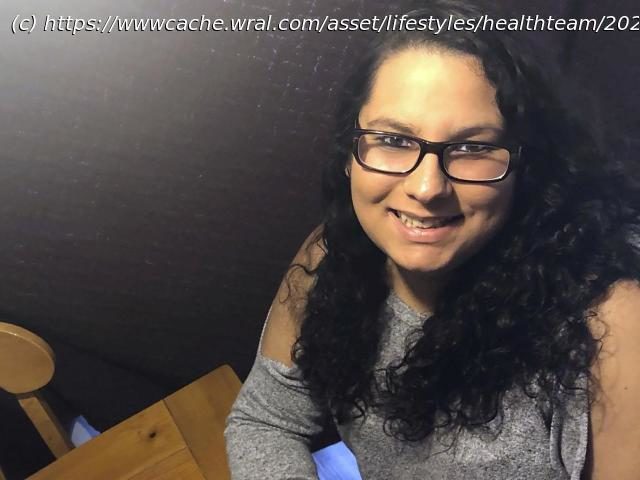Jessica Overstreet first entered foster care at age 14, separated from her siblings and knowing very little about what her new life meant aside from what she had seen in the popular musical “Annie.” So for a while, at the beginning, she kept her status a secret.
NEW YORK — Jessica Overstreet first entered foster care at age 14, separated from her siblings and knowing very little about what her new life meant aside from what she had seen in the popular musical “Annie.” So for a while, at the beginning, she kept her status a secret.
Her case manager was “a very good person,” she said, but so overwhelmed that Overstreet wishes she’d had more one-on-one time to share how hard it was to be separated from her family.
“We had Zoom, we had Skype and stuff like that. But it wasn’t utilized at all,” Overstreet, now 26 and living on her own in Tampa, Florida, recalled in a video interview.
Foster children have enormous challenges even in the best of times. The coronavirus pandemic threatens them with even greater turmoil, isolating them from adult supervisors and friends and making it harder to move on to new lives — either with biological or adoptive families, or as newly independent adults.
Overstreet fears the new reality brought by the COVID-19 pandemic has made some foster kids’ already difficult situations “100 times worse.”
Celeste Bodner, executive director of FosterClub, a nonprofit organization through which foster youth connect and support each other, says mental health crises are a palpable risk, given “the stress this crisis is causing, layered on top of the preexisting trauma. »
Because of the pandemic, the teachers, coaches and other adults whose watchful eyes once proved a helpful barometer of foster children’s well-being are now kept at a distance.
Jeff Sprinkle, a longtime court-appointed foster child advocate in Georgia, estimates that under normal circumstances,17 adults are engaged to some extent in the lives of each of the foster children he helps. That has shrunk drastically, he said.
“It’s hard on the children,” said Sprinkle,66. “But it’s also hard on the foster parents, because they end up filling the shoes of the 17 people who were investing in the children’s lives previously.






